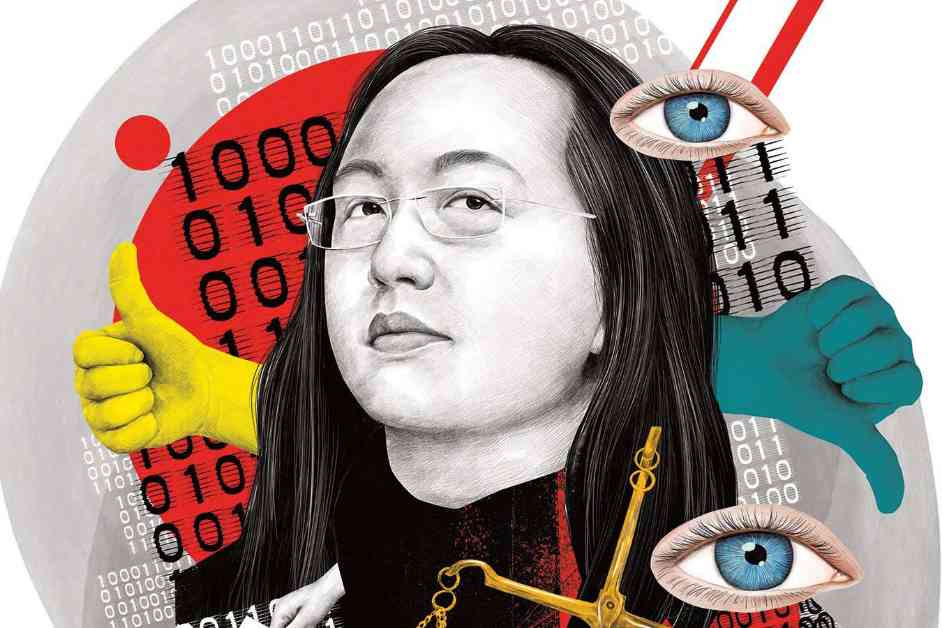In 2014, the Taiwanese government faced a severe crisis with an approval rating of less than 10%. This led to the Sunflower Movement, where students protested a trade deal with China by occupying legislative buildings. After three weeks, their demands were met, marking a turning point in Taiwan’s democracy.
One of the outcomes of the Sunflower Movement was the formation of the civic technology cooperative g0v, which included hacker Audrey Tang. Tang played a key role in creating a virtual platform for democratic deliberation called vTaiwan. As someone who survived a life-threatening heart condition as a child and later became Taiwan’s first transgender minister, Tang sees parallels between her own resilience and the resilience of democracy.
In 2016, Tang joined the government and focused on implementing “radical transparency” through vTaiwan. When the COVID-19 pandemic hit in late 2019, Tang played a crucial role in Taiwan’s response as the cabinet member for digital affairs. By 2022, Taiwan’s pandemic response was praised globally, leading to Tang being appointed as the first minister of digital affairs. In her book “Plurality,” Tang emphasizes Taiwan’s transformation into a strong democracy with valuable lessons for the world.
Taiwan, often viewed as a potential conflict zone, has emerged as a successful democracy under Tang’s leadership. Her innovative use of technology and commitment to transparency have been instrumental in Taiwan’s progress. Through her work, Tang has shown that digital tools and citizen engagement can revitalize democracy and lead to effective governance.
Tang’s journey from a hacker to a politician highlights the power of individuals to drive meaningful change in society. Her story serves as an inspiration for young activists and tech enthusiasts looking to make a difference. As Taiwan continues to thrive as a democracy, Tang’s legacy will endure as a testament to the transformative impact of digital innovation in governance.






